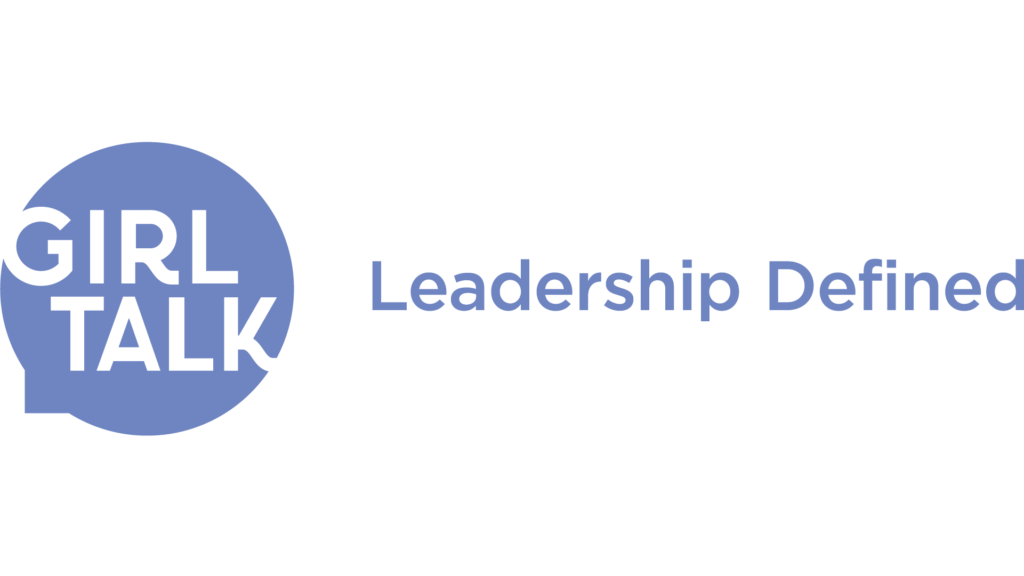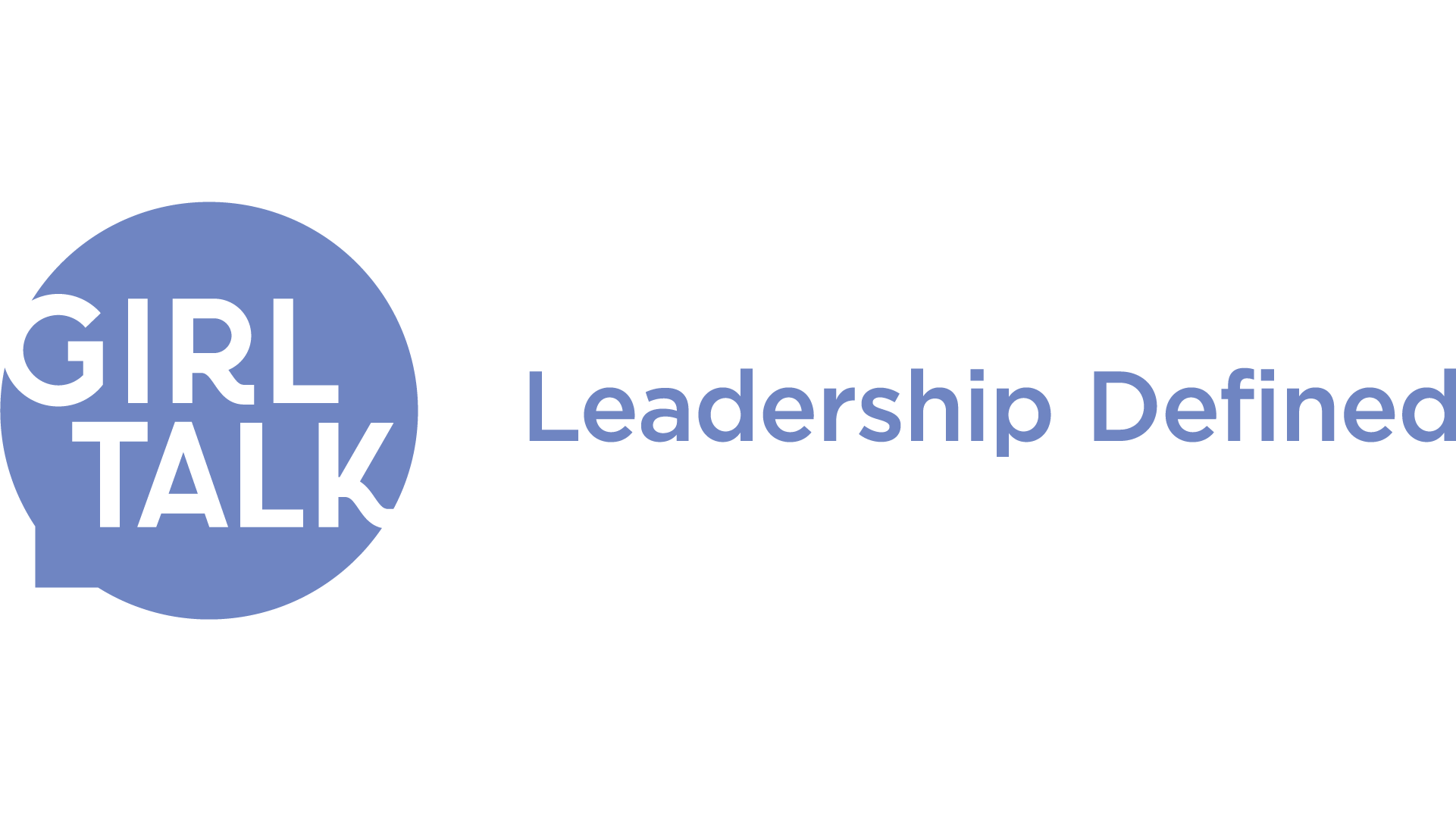It’s Okay to Not Feel Okay

It’s okay to not feel okay. I promise. May is Mental Health Awareness Month, but the importance of being fully aware of the issues surrounding mental health is a year-round endeavor.
I’m a senior in college and I’ve been struggling with my mental health since high school.
As a teenager, I was the queen of “faking it.” I plastered a smile across my face and went about my days fabricating a happiness that I didn’t truly feel. It was easier than addressing the competing thoughts and the destructive self-talk that invaded and overwhelmed my young mind.
I was a great student with supportive parents; I was friends with nearly everyone and started on the varsity basketball team as a freshman.
My world looked perfect, so why was I so unhappy?
Everyone knew me as unapologetically outgoing, I considered myself an extrovert and assumed that one of my strongest traits was my sociability. But in hindsight, I can’t tell if that particular persona was truly me or a self-curated image that I used as a coping mechanism to deal with my incessant self-doubt.
I know, I know, I’m dumping a lot out there right now, but again – it’s okay.
There is such a stigma surrounding mental health disorders, and there shouldn’t be. Struggling with my mental health isn’t something I should have ever been ashamed of, and it isn’t something I should have ever tried to hide. The suppression of something so significant simply allows that negativity to grow in an environment that refuses to acknowledge its existence.
It took a long time to finally acknowledge the fact that I struggled with my mental health. It took an even longer time to open up about it, seek support and help, and make the decision to work on myself – that was five years ago.
Mental health is a journey, it’s dynamic and ever-changing, there is no fixed state that you’re working towards and we have to realize this. I’ve been working on shifting my self-image and creating a more positive headspace for myself for five years, yet it’s still something I have to consciously work on every day, and let me tell you – some days are a lot harder than others. But again, the first step is acknowledgement. It’s okay to not feel okay, and it’s okay to talk about it and seek support, that is what your friends, families and communities are for.
Self-care is important regardless of your mental health. When I sought help from a professional back home, she described the significance of having a “self-care toolbox.” For me, some of my tools include journaling, writing poetry, going for a walk outside, deep breathing, going for a run, listening to music, and some other cognitive behavioral therapies that help me control the path of my thoughts. The thing about this toolbox is that it’s entirely subjective to you. Do whatever works best for you and don’t be ashamed of it; remember that it’s a journey and the first step is simply acknowledgement.
– Mikaila S., Girl Talk Intern

